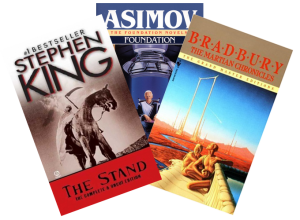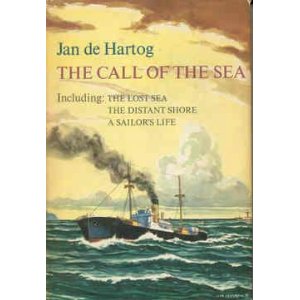In my reading habits, I imagine I am eclectic. My favorite fiction writers range from Richard Powers to Thomas Hardy to Neil Gaiman and Margaret Atwood. But really, those aren’t all that different. All use a lot of big words, have complex and twisting plots (usually two or three entwined together like a big cinnamon twist of melodrama), and write a lot about religion and science and myths.
Believe me, I would love to say that my work is a mere imitation of those storied artists’ creations. That the influence of Hardy’s sweeping landscapes is obvious. That, clearly, my ability to merge worlds of academia and science with deep emotional observations comes from a careful replication of Powers’ work. That my feminist aesthetic is on loan from Atwood. That my ability to write tenderly and brilliantly for the masses and specialists alike is merely derivative of Gaiman.
If those statements were true, I might be derivative, but at least I’d be brilliant! Alas, none of those things are true. Most of the things that I admire in my favorite writers are not qualities I can replicate. The people whom I aspire to write like have little in common with those whose books I enjoy. My favorite writers influence my philosophies, my taste, ideas, fact bases, yes; but most of my writing style is a lot closer to that of people I merely enjoy, not idolize. Perhaps there is an intimidation factor here. I don’t try to write a la Thomas Hardy because I know the result will be subpar. But I can try to write like Robert Krouse (a self-published author who became a surprise Amazon hit with pleasant, satirical novels) or like Katherine Norris because my work will not disappoint quite as dramatically in that case.
One way, though, in which my most admired writers do influence my work is in sentence structure. I try to analyze the structures of wonderful sentences and paragraphs, and build my work around those most admirable. But the day that anyone can genuinely trace the influence of any of my favorite writers in my work is the day I am happy to share it with the world!



